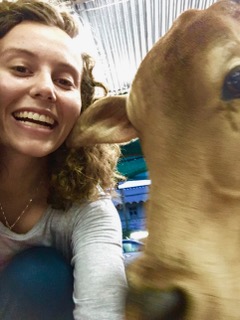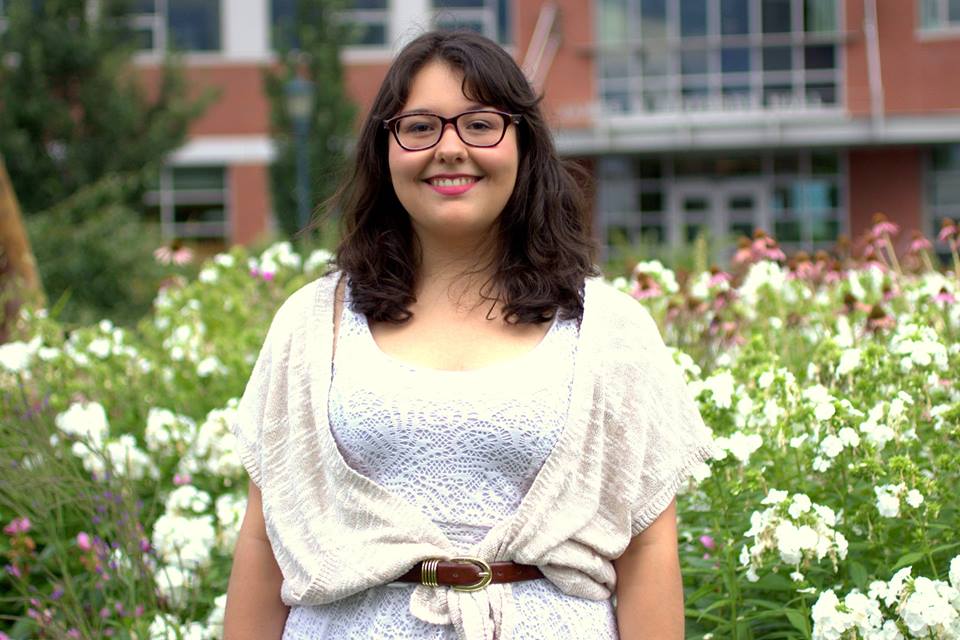Skills for Success
When Marshfield, Mass., native Kathryn Meader began burrowing into her college search as a high school junior, one thing in particular about UVM stood out: The university’s first-year Integrated Humanities Program (now called the Liberal Arts Scholars Program, or LASP).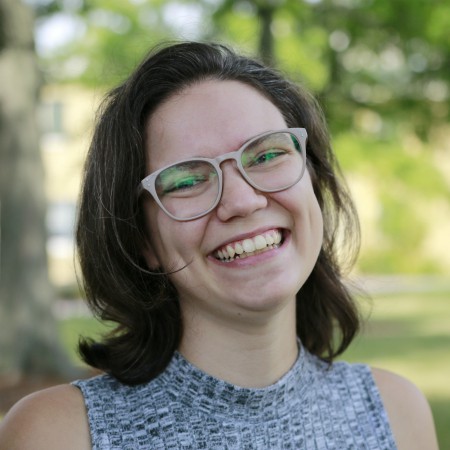
“I had already declared history as my major, and I was attracted by the idea of living and studying with 30 other students who shared my interests,” she said. “I felt like I had 30 new friends the moment I arrived on campus.”
LASP encourages students to wrestle with life’s big questions through an intensive multi-disciplinary approach. Students live in the same Living/Learning Center residence complex, so conversations in the classroom tend to spill over into meals, community activities and events throughout the year.
“We took three courses each semester—in English, History and Religion,” Meader explained. “Professor Sugarman, who was my teacher for fall semester religion course, told me ‘yeah, I think you are really a religion major at heart.’”
The twin majors gave her complementary perspectives on her interest in medieval Christianity, and her research on the twelfth-century abbess, Heloise d’Argenteuil.
The intensive emphasis on critical thinking, writing, and communication–she cites her involvement in the annual Student Research Conference as sharpening her presenting skills—began with her IHP experience and continued on throughout her UVM education. After graduating in 2015 with the religion department’s Outstanding Senior Award, she got a job as a development assistant at the UVM Foundation. She has since been promoted to assistant director of annual giving, and she credits her academic preparation as a key to her success.
“The anthropological reading you do in religion courses help you to consider perspectives outside your own experience,” she says. “ I think that training really helps me in my current work. In the writing that I do every day, it’s important to think about how the recipient is going to read it. This way of thinking also definitely helps me to tell other people’s stories in ways that are inspiring, and effective.”
*In this series, we have pulled text from our newly relaunched website–we want to highlight our fantastic alumni in as many venues as possible!

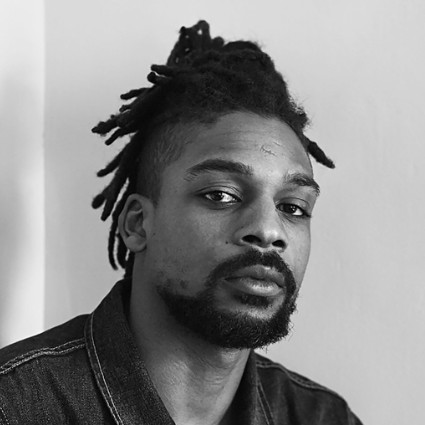
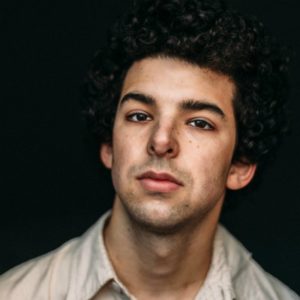

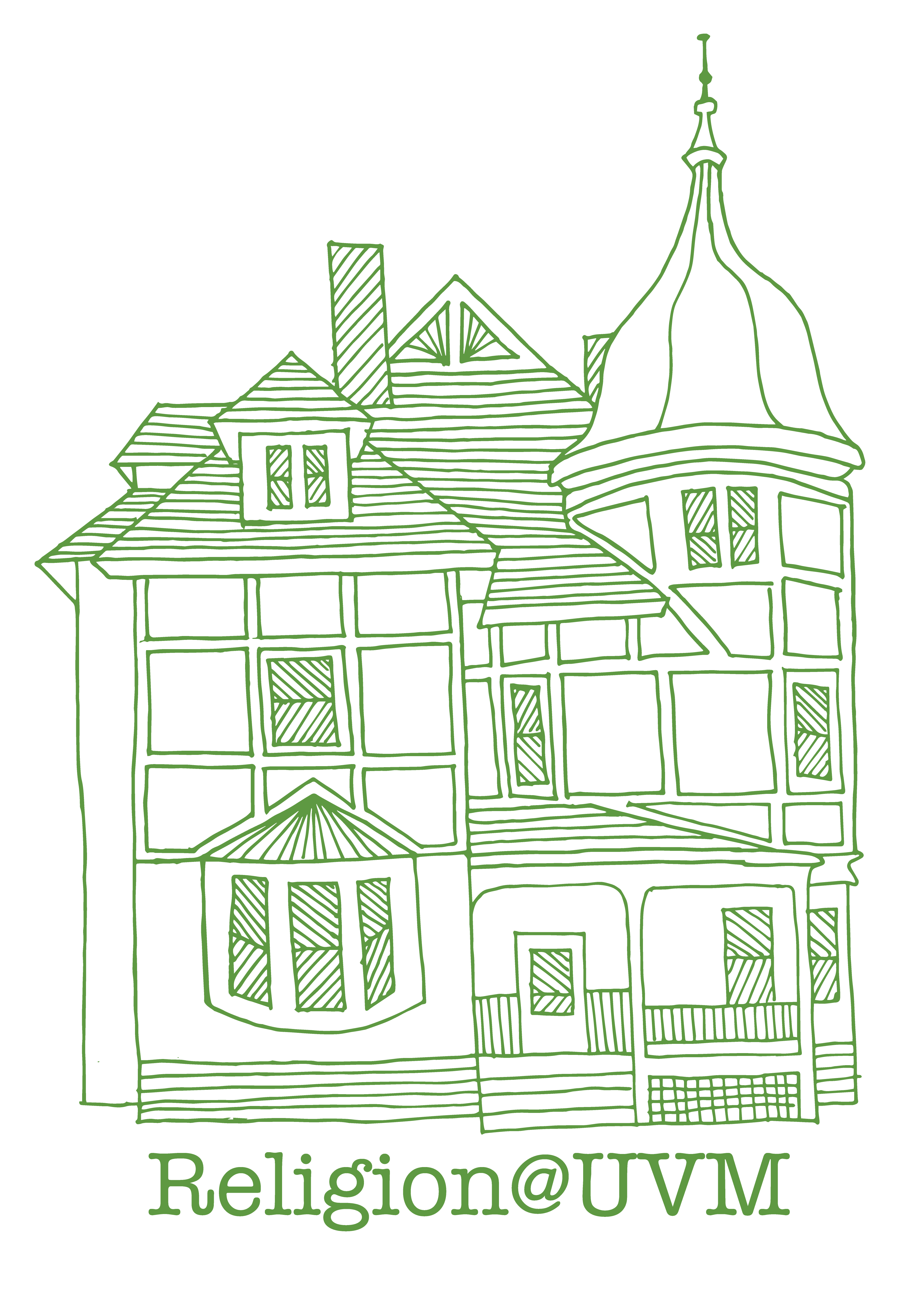

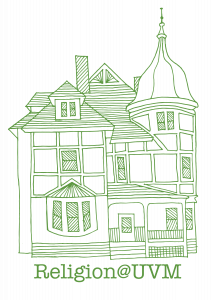 If you could write any book, what would it be?
If you could write any book, what would it be?

